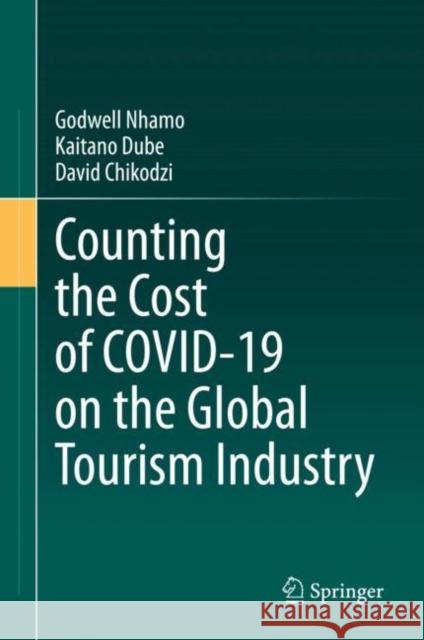Counting the Cost of Covid-19 on the Global Tourism Industry » książka
topmenu
Counting the Cost of Covid-19 on the Global Tourism Industry
ISBN-13: 9783030562304 / Angielski / Twarda / 2020 / 418 str.
Counting the Cost of Covid-19 on the Global Tourism Industry
ISBN-13: 9783030562304 / Angielski / Twarda / 2020 / 418 str.
cena 645,58
(netto: 614,84 VAT: 5%)
Najniższa cena z 30 dni: 616,85
(netto: 614,84 VAT: 5%)
Najniższa cena z 30 dni: 616,85
Termin realizacji zamówienia:
ok. 22 dni roboczych.
ok. 22 dni roboczych.
Darmowa dostawa!
Kategorie BISAC:
Wydawca:
Springer
Język:
Angielski
ISBN-13:
9783030562304
Rok wydania:
2020
Wydanie:
2020
Ilość stron:
418
Waga:
0.72 kg
Wymiary:
23.9 x 16.51 x 2.13
Oprawa:
Twarda
Wolumenów:
01











